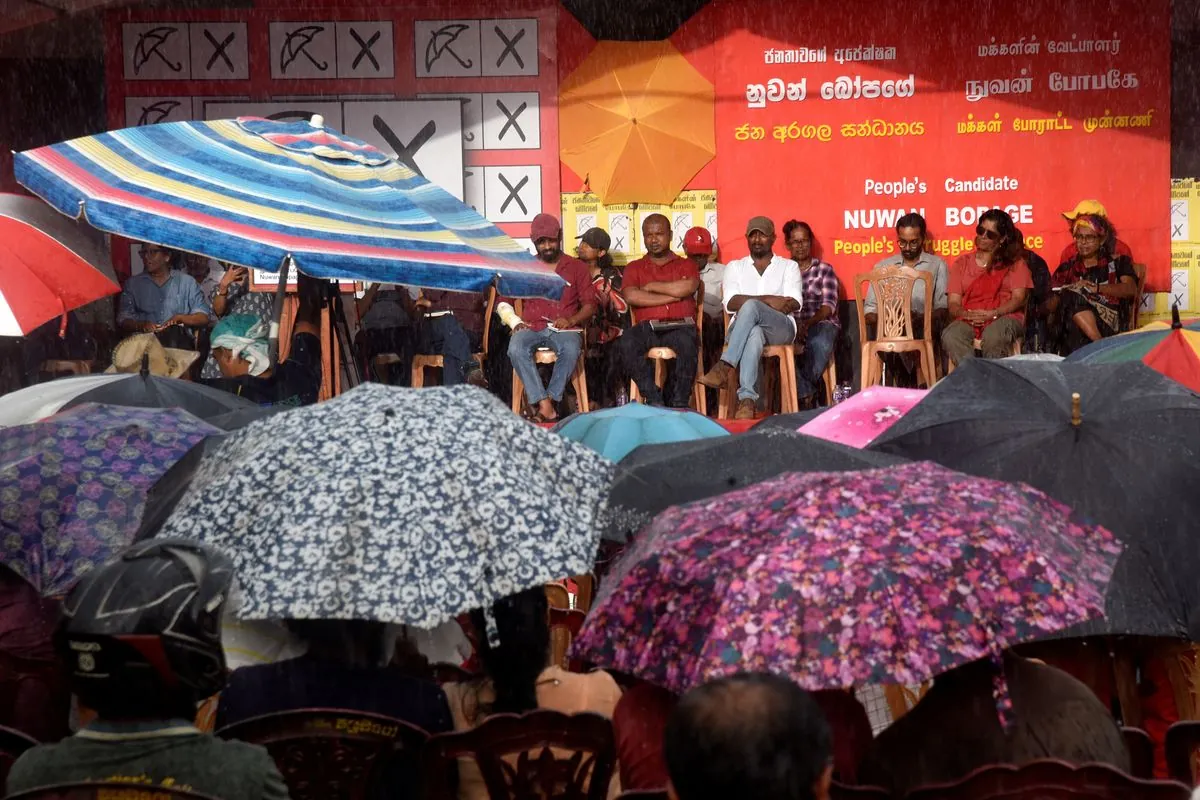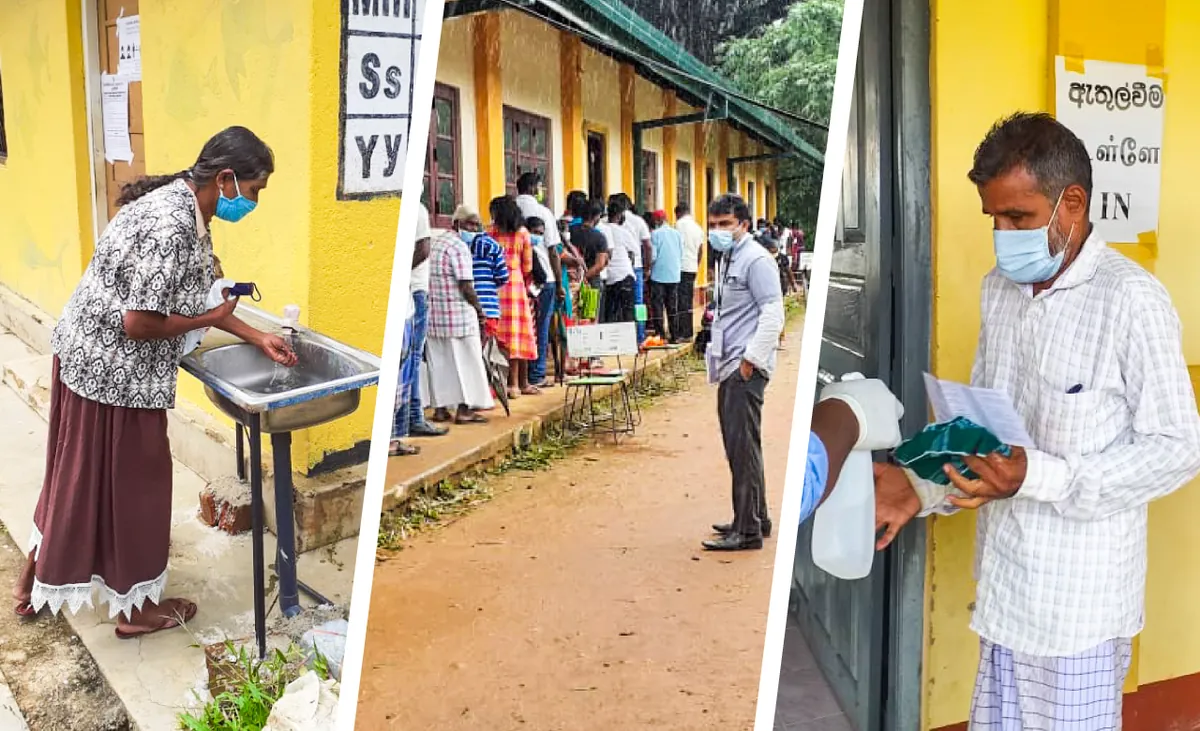Sri Lanka's Pivotal Election: Economic Recovery and Political Change at Stake
Sri Lanka prepares for a crucial presidential election, focusing on economic recovery and political reform. Meanwhile, regional developments include leadership changes in Delhi and diplomatic activities across South Asia.

Sri Lanka, an island nation of 22 million people, is gearing up for a pivotal presidential election on September 21, 2024. This vote marks a critical juncture for the country, which is still recovering from a severe economic crisis that began in 2022.
The election's primary focus is the economy, with voters seeking solutions to ongoing financial challenges. However, it also serves as a referendum on Sri Lanka's political landscape, as citizens express frustration with the traditional dynastic leadership that has dominated the country's politics for decades.
Three main candidates are vying for the presidency:
Ranil Wickremesinghe: The incumbent president touts economic improvements, citing a significant reduction in inflation from 70% to 0.5% between August 2022 and August 2024. However, his association with the established political system and the Rajapaksa family may hinder his chances.
Anura Kumara Dissanayake: Appealing to those seeking change, Dissanayake advocates for renegotiating the International Monetary Fund (IMF) deal and combating corruption. His past involvement with a Marxist party during Sri Lanka's civil war, which lasted from 1983 to 2009, remains a potential concern for some voters.
Sajith Premadasa: Positioning himself as a moderate option, Premadasa criticizes the current economic policies while garnering support from various ethnic and religious minorities.

The election employs a ranked choice voting system, potentially leading to a close race. The outcome will significantly impact the direction of Sri Lanka's economy, which heavily relies on tourism and tea exports.
In other regional news, Arvind Kejriwal, the chief minister of Delhi, announced his resignation on September 17, 2024. Kejriwal, recently released from prison on bail after facing corruption charges, plans to focus on his re-election campaign for the Delhi assembly polls scheduled for February 2025. Atishi Marlena will serve as the interim chief minister, becoming India's youngest and only the second current female chief minister.
U.S. President Joe Biden is set to host the Quadrilateral Security Dialogue (Quad) leaders' summit in Wilmington, Delaware, on September 21, 2024. The meeting, which includes leaders from Australia, India, Japan, and the United States, will address maritime security, infrastructure, technology, and clean energy in the Indo-Pacific region.
Recent U.S. diplomatic activities in South Asia have included high-level visits to Pakistan, India, and Bangladesh. These engagements focused on various issues, including economic support, institutional reforms, and bilateral cooperation.
Tragically, on September 12, 2024, the Islamic State Khorasan (IS-K) claimed responsibility for an attack targeting Hazara Shias in central Afghanistan, resulting in 14 fatalities. This incident underscores the ongoing threats faced by minority communities in the region and the persistent security challenges in Afghanistan.
As these events unfold, the international community watches closely, recognizing the significant impact that political and economic developments in South Asia can have on global stability and cooperation.
"We need a leader who can bring real change and improve our daily lives. The economic crisis has affected everyone, and it's time for fresh ideas and honest governance."


































